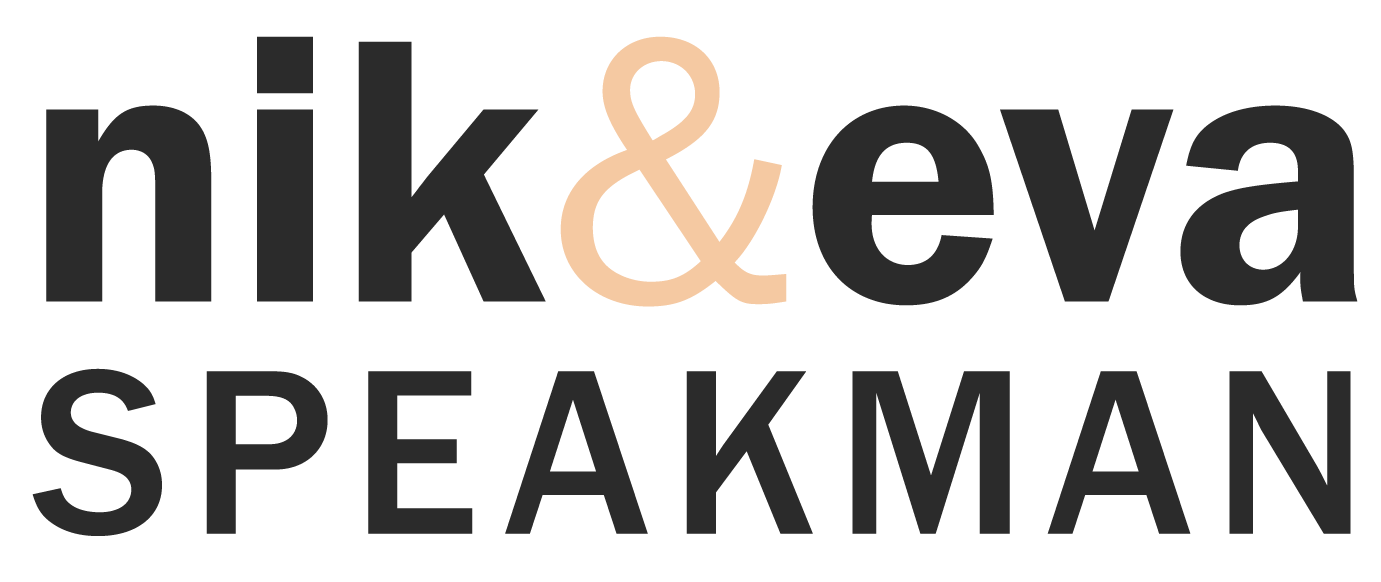Are panic attacks & low blood sugar related?
Suddenly, you feel sort of woozy. Something feels “off”, but you can’t put your finger on it. Then, your heart starts beating faster, and you feel the need to sit down, sleep or vomit.
You sort of feel that your body is pleading for something, but what exactly does it want? You continue to wonder as your body begins to sweat. These symptoms begin to worry you, of course.
“Is this a panic attack?” you ask yourself. After all, if you’ve experienced anxiety before then you know these uncomfortable sensations. You know what a racing heart and a woozy head usually signify. However, could potentially something else be amiss? Quite possibly!
It could well be Hypoglycemia?
The word “hypoglycemia” is just a fancy way of saying “low blood sugar” and according to Edmund Bourne’s The Anxiety and Phobia Workbook, hypoglycemia’s main symptoms (light-headedness, trembling, feelings of unsteadiness) overlap with the symptoms of panic.
Well, that spells trouble, doesn’t it? So…when you’re feeling unwell, how can you differentiate between panic and low blood sugar? How can you know that what you’re feeling is “just” a bout of low blood sugar that will disappear with a glass of orange juice, a sweet or a decent meal?
Well unless you have a glucose meter, you sort can’t. (Although, for the record, they’re not too expensive ).
But you can calm your nerves a bit by learning about hypoglycemia, its causes, and ways to prevent it.
So here we go; low blood Sugar – what you need to know.
A drop in blood sugar can occur in response to stress.
When your brain isn’t getting enough sugar, you experience an adrenaline rush.
But seriously, low blood sugar signals our adrenal glands to kick in and release adrenaline and cortisol, which causes you to feel more anxious and aroused and also has the specific purpose of causing your liver to release stored sugar in order to bring your blood sugar level back to normal. So the subjective symptoms of hypoglycemia arise both from a deficit of blood sugar and a secondary stress response mediated by the adrenal glands. But, in a way, it is comforting to know that the panicky feelings caused by low blood sugar aren’t necessarily an panic attack — it’s our body’s way of correcting an imbalance. It’s actually our body working for us, not against us. So, we’ve already learned above that stress can cause low blood sugar, and low blood sugar can cause the symptoms of panic, so what can we do?You can avoid hypoglycemia by eating the right food at the right times. Eliminating simple carbs and replacing them with complex carbs are a great start, according to Bourne. His other suggestions include replacing sweets with fruit, ditching foods that contain white sugar, and eating a protein or complex-carb snack between meals.
Eating food in this way can reduce hypoglycemia and, thus, the panicky sensations that can be associated with it.

